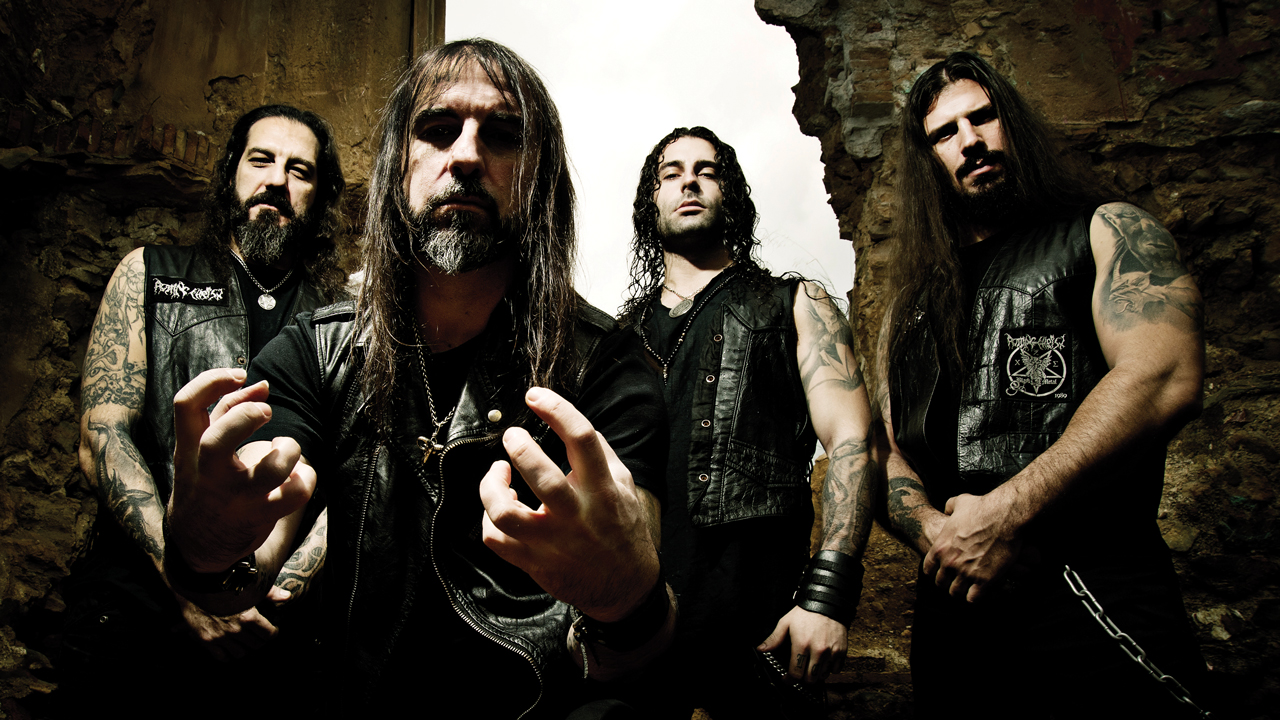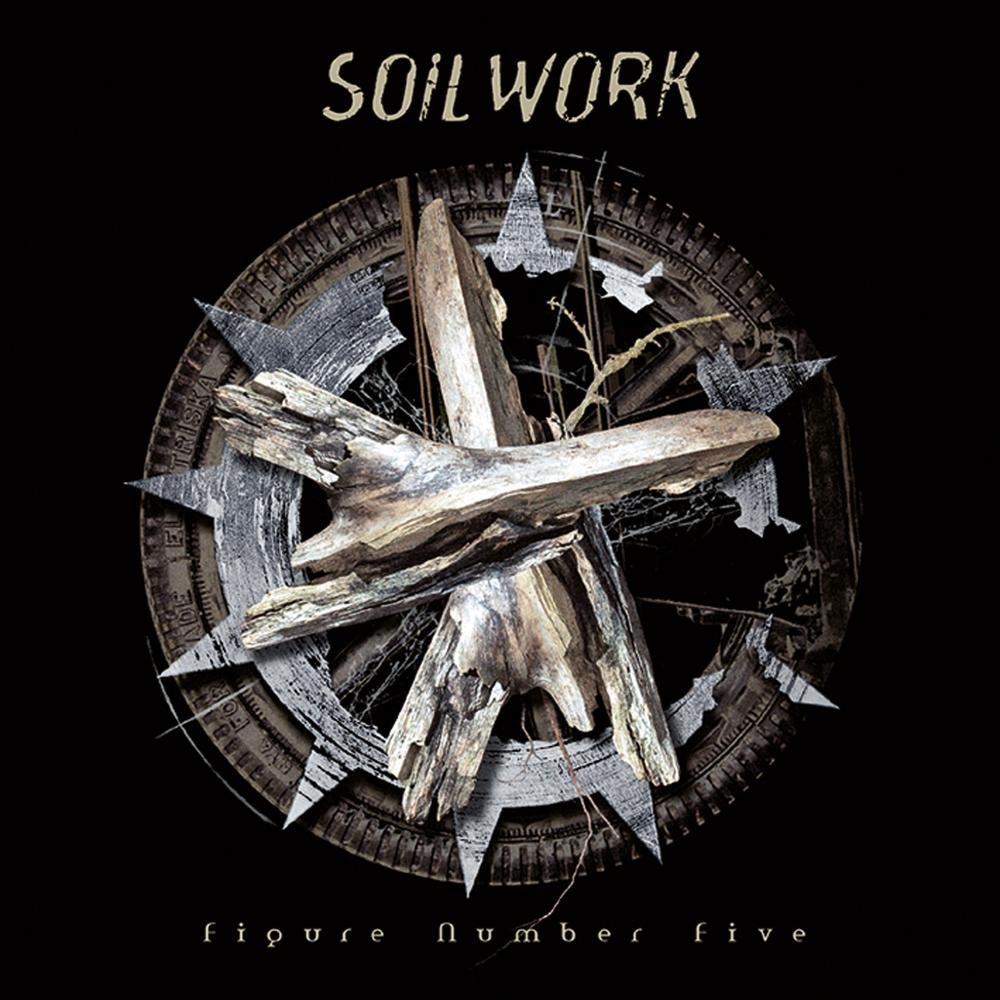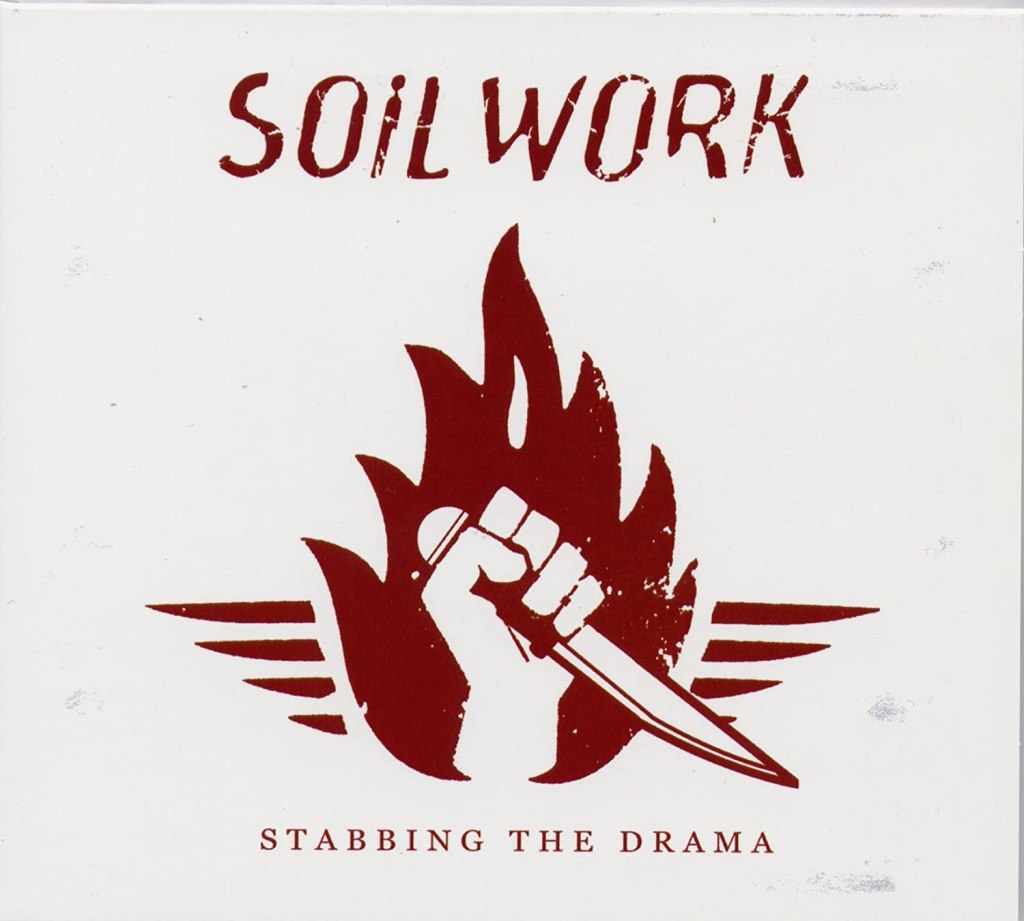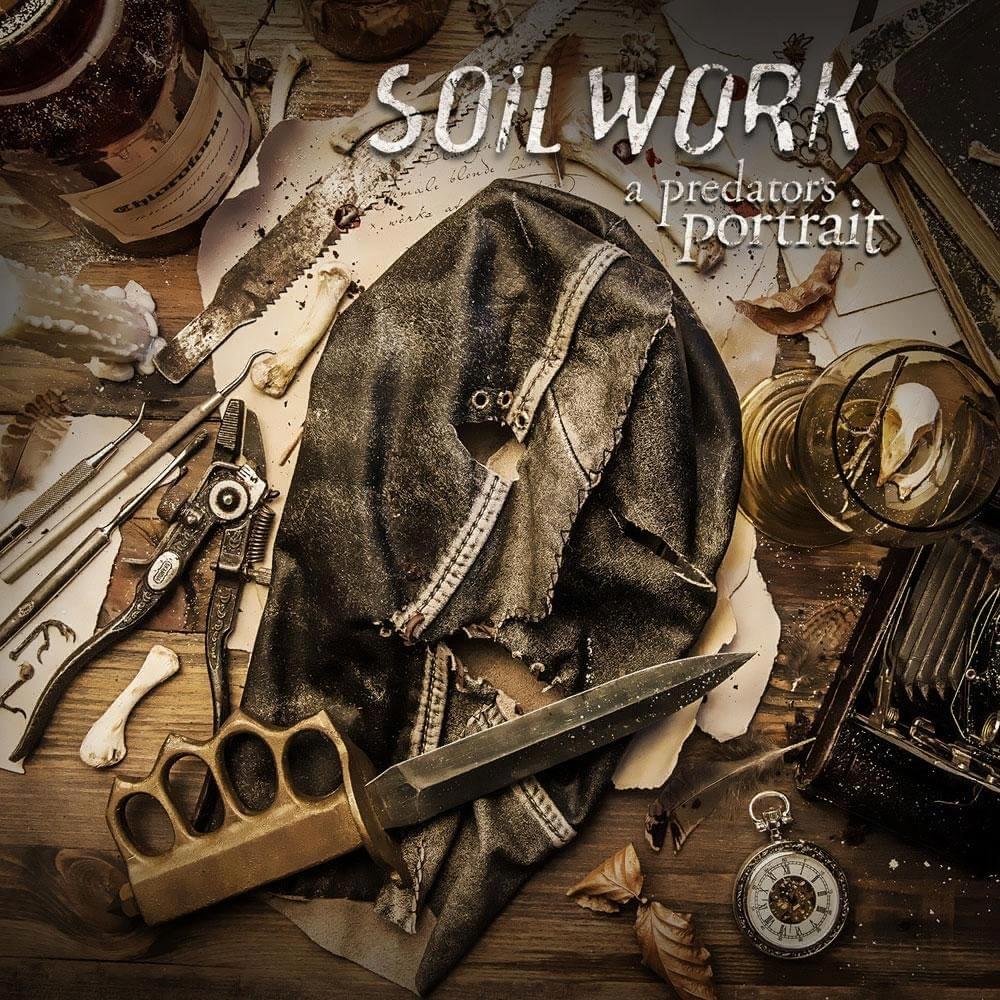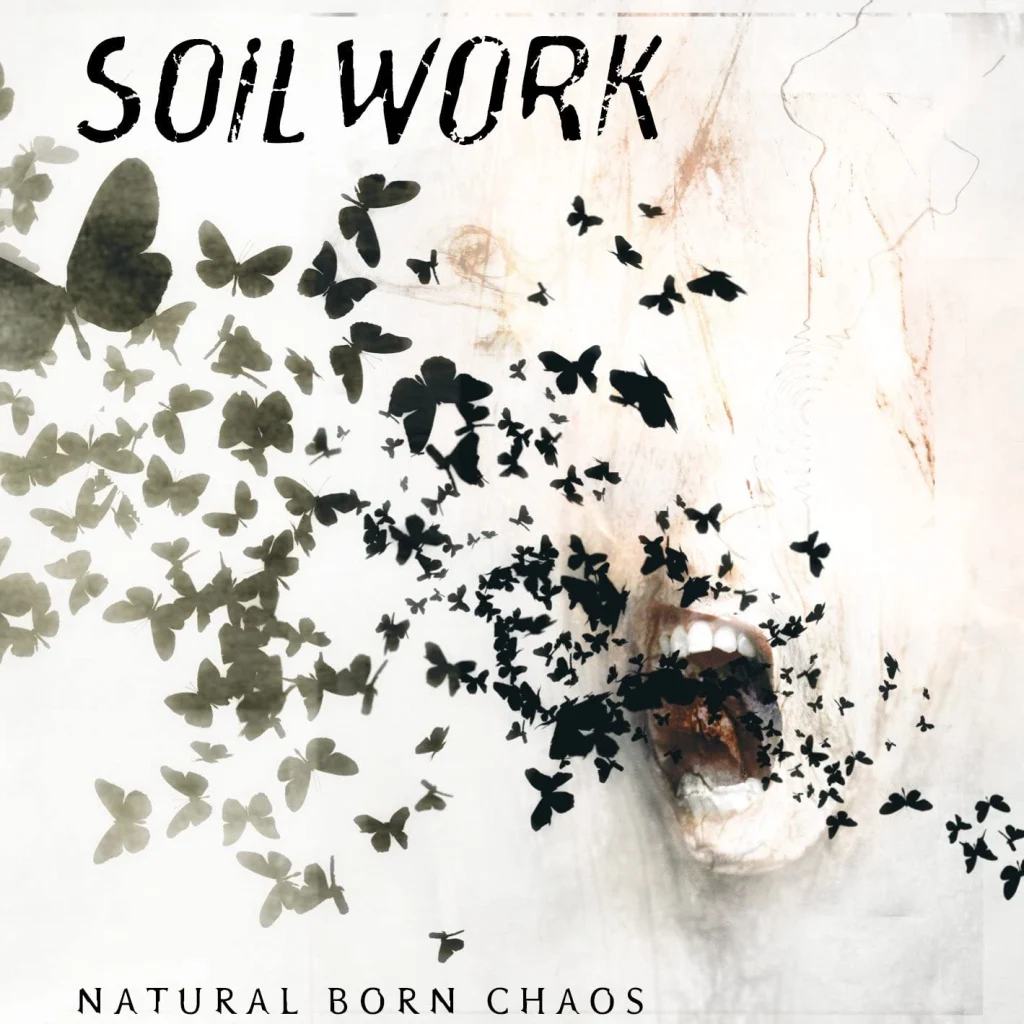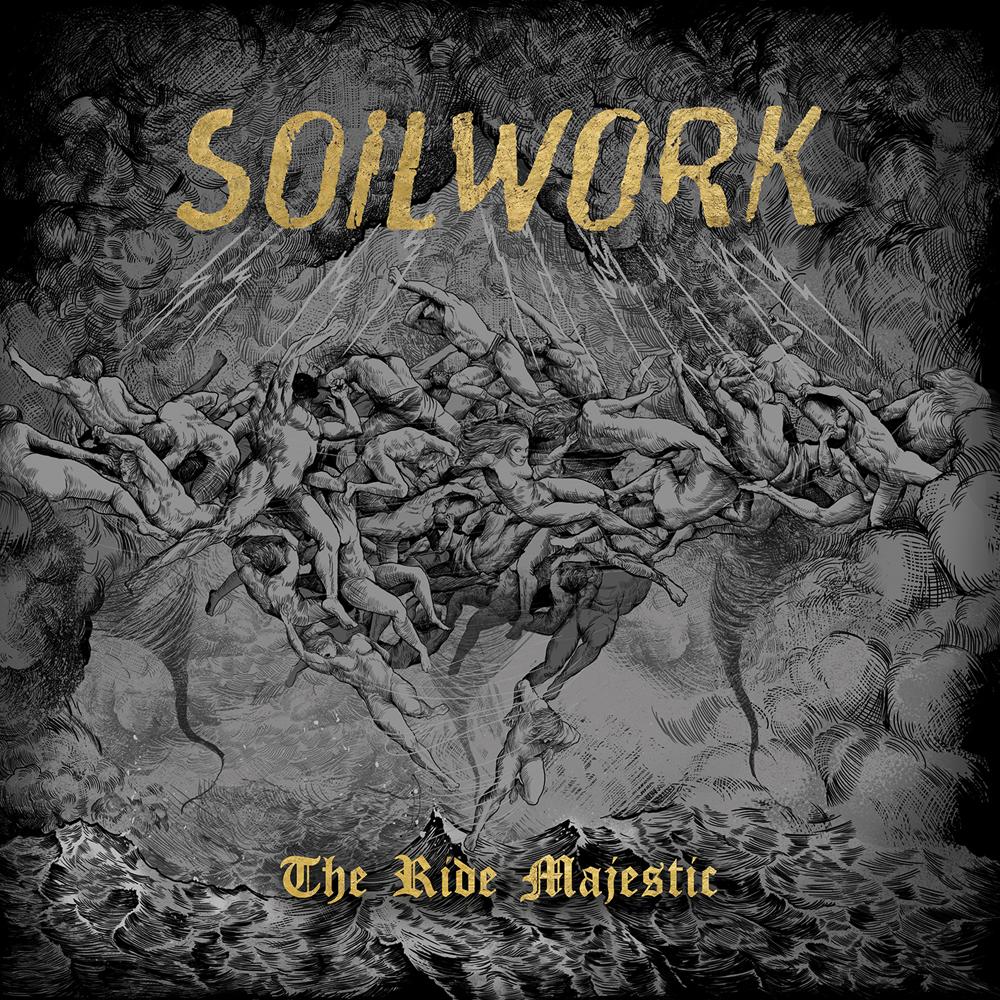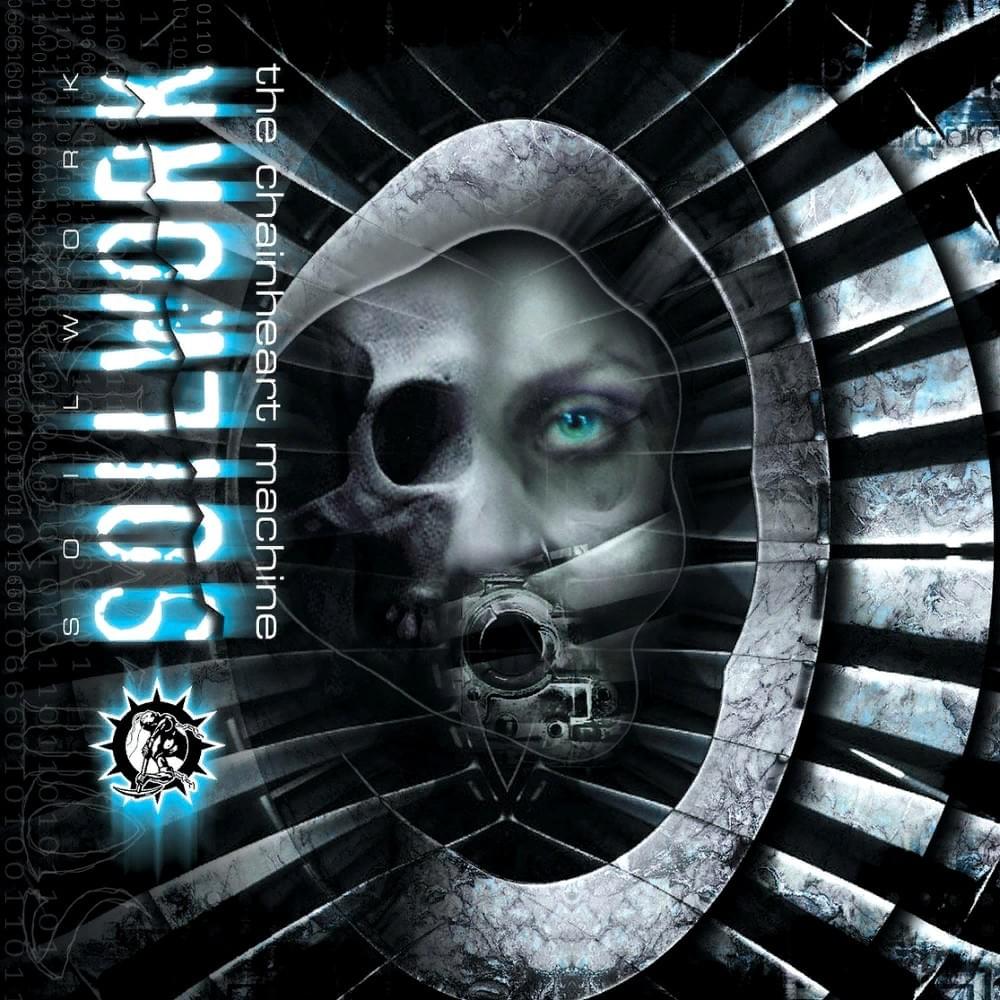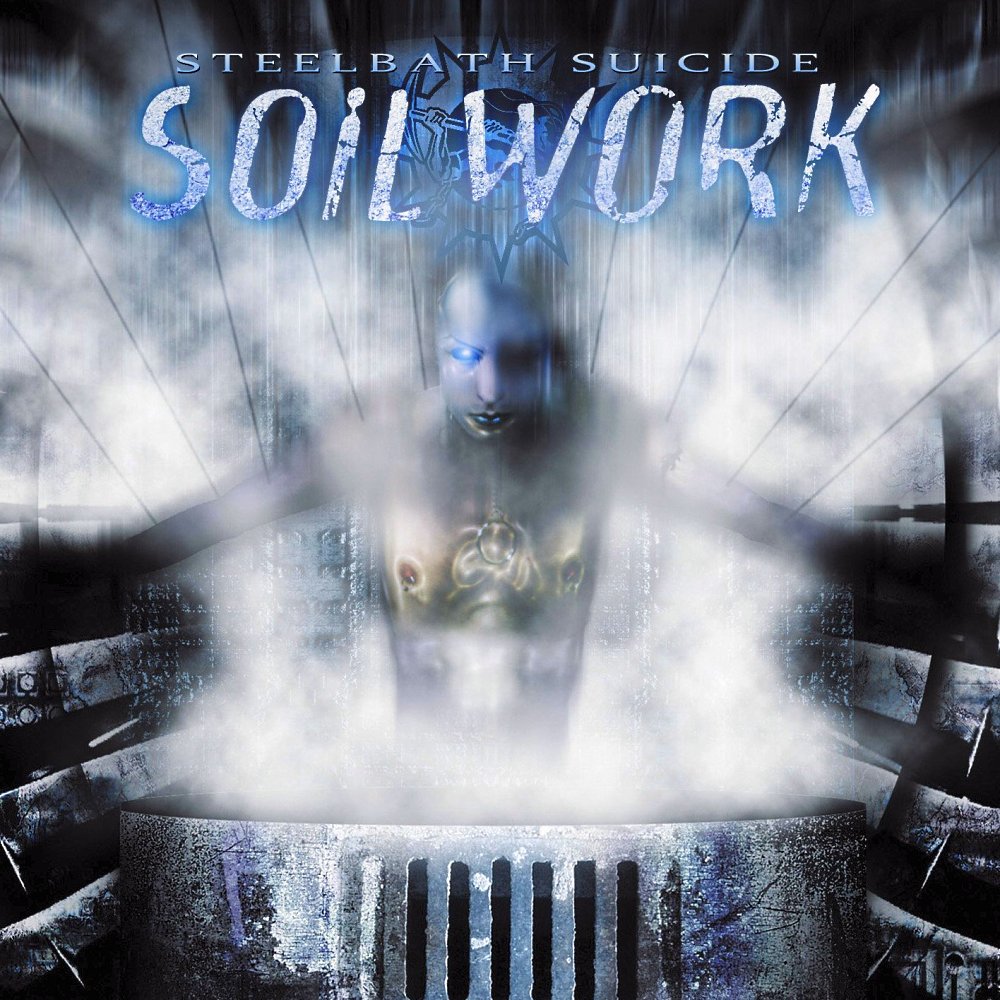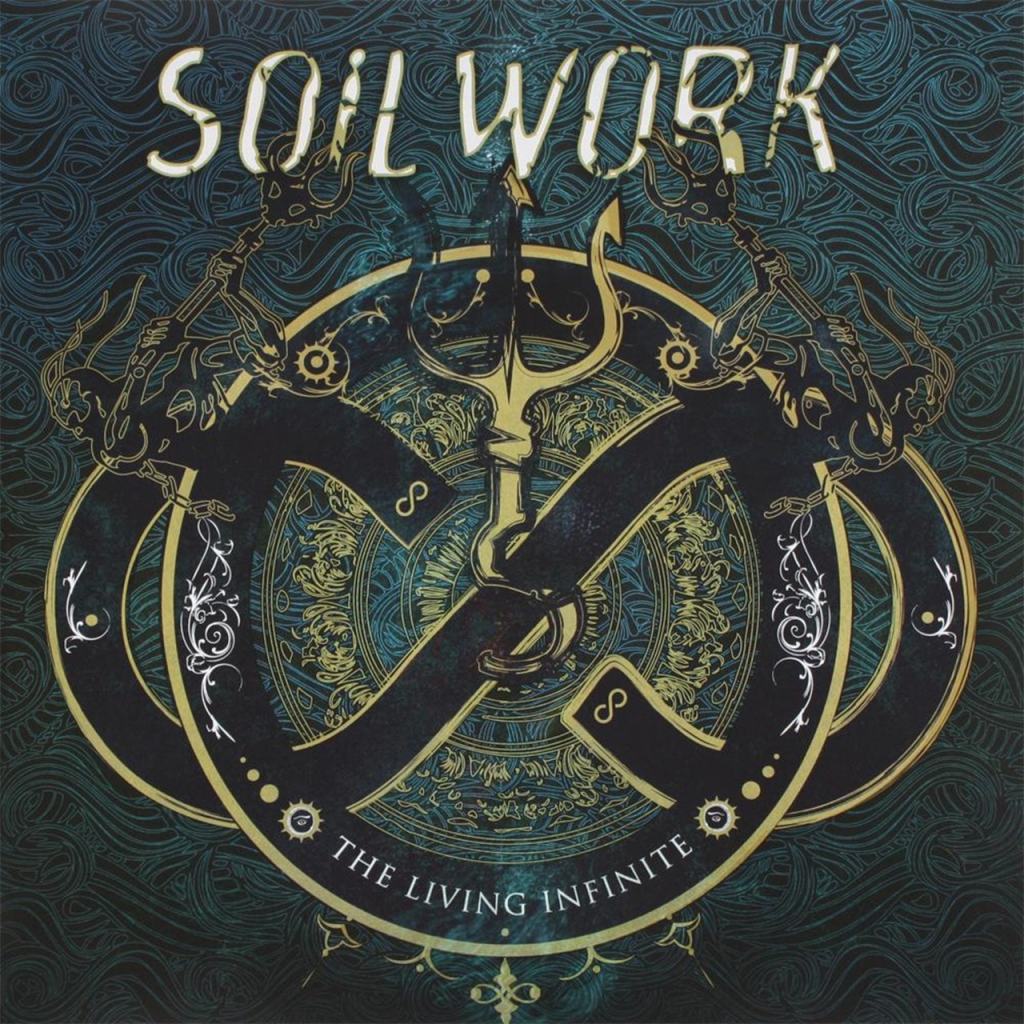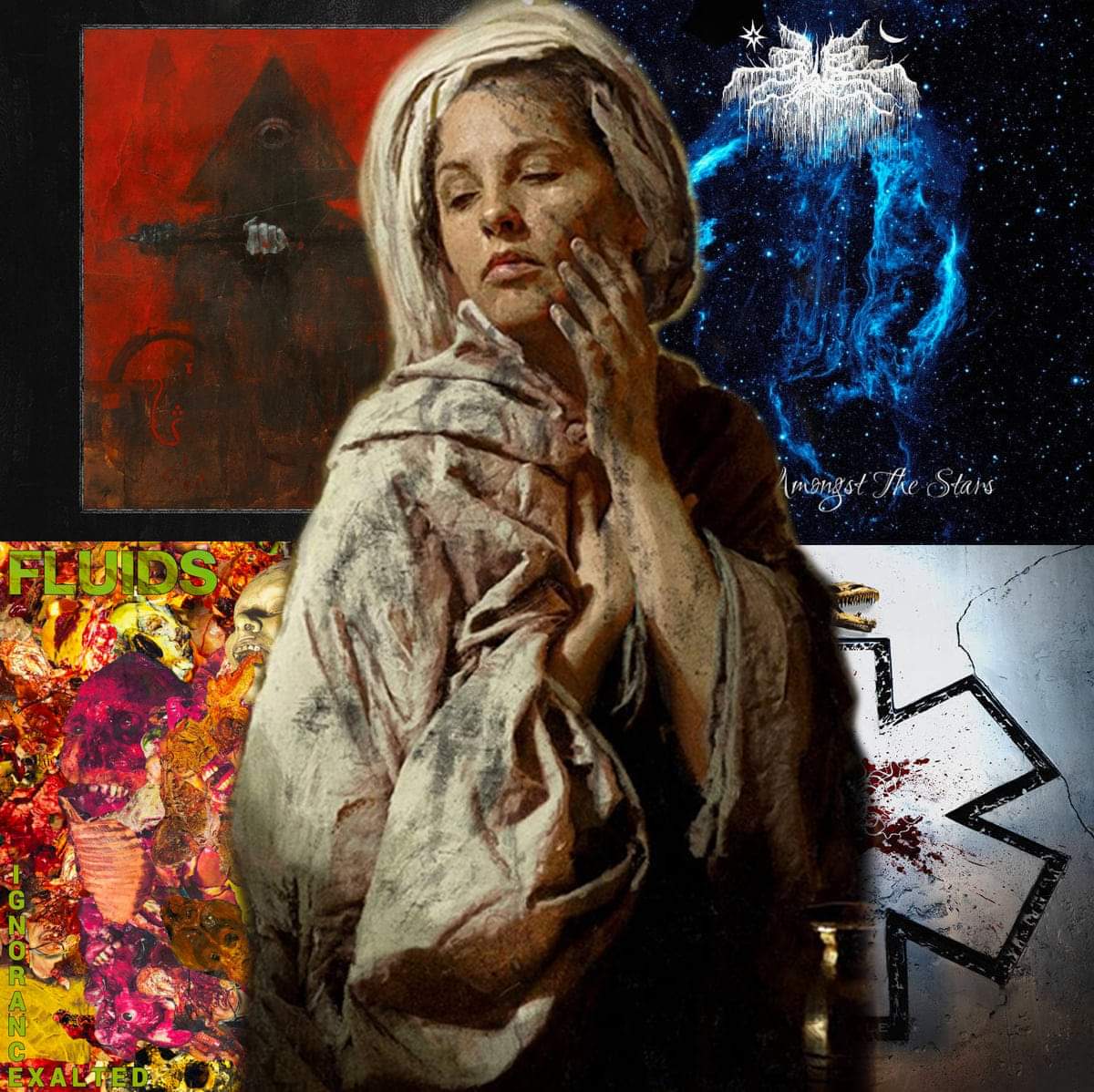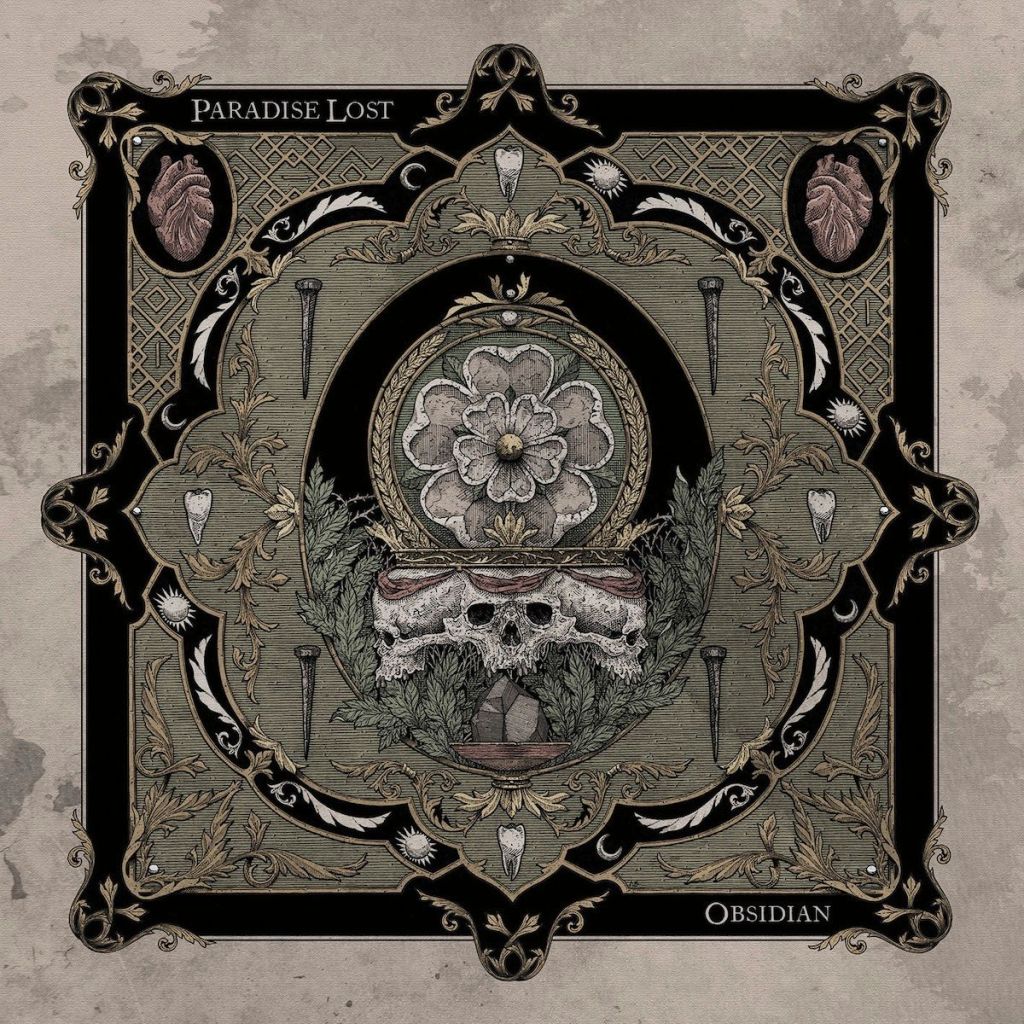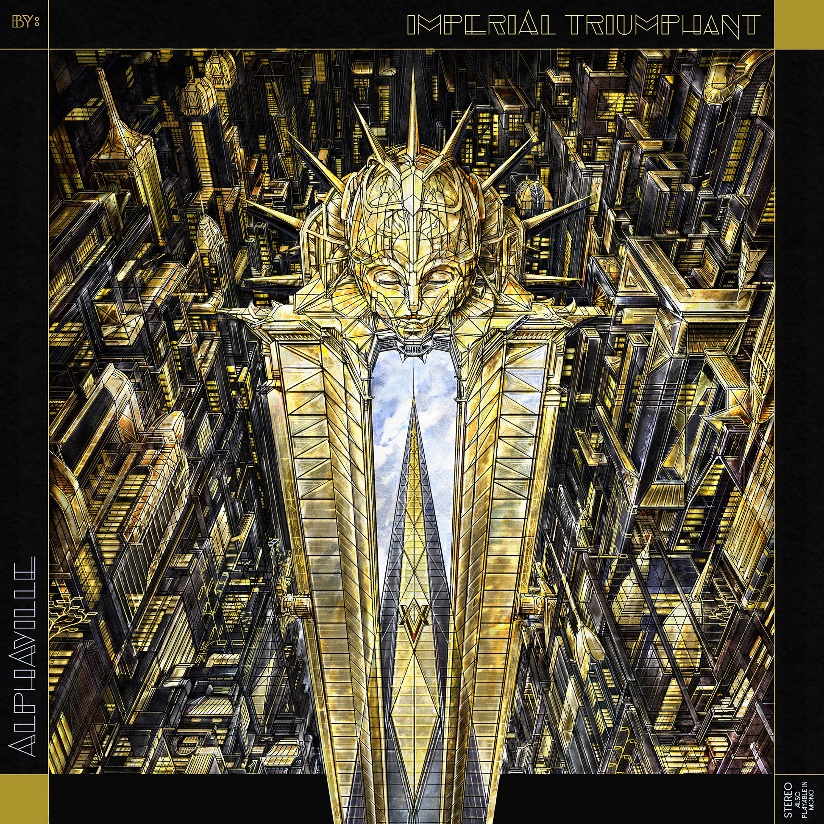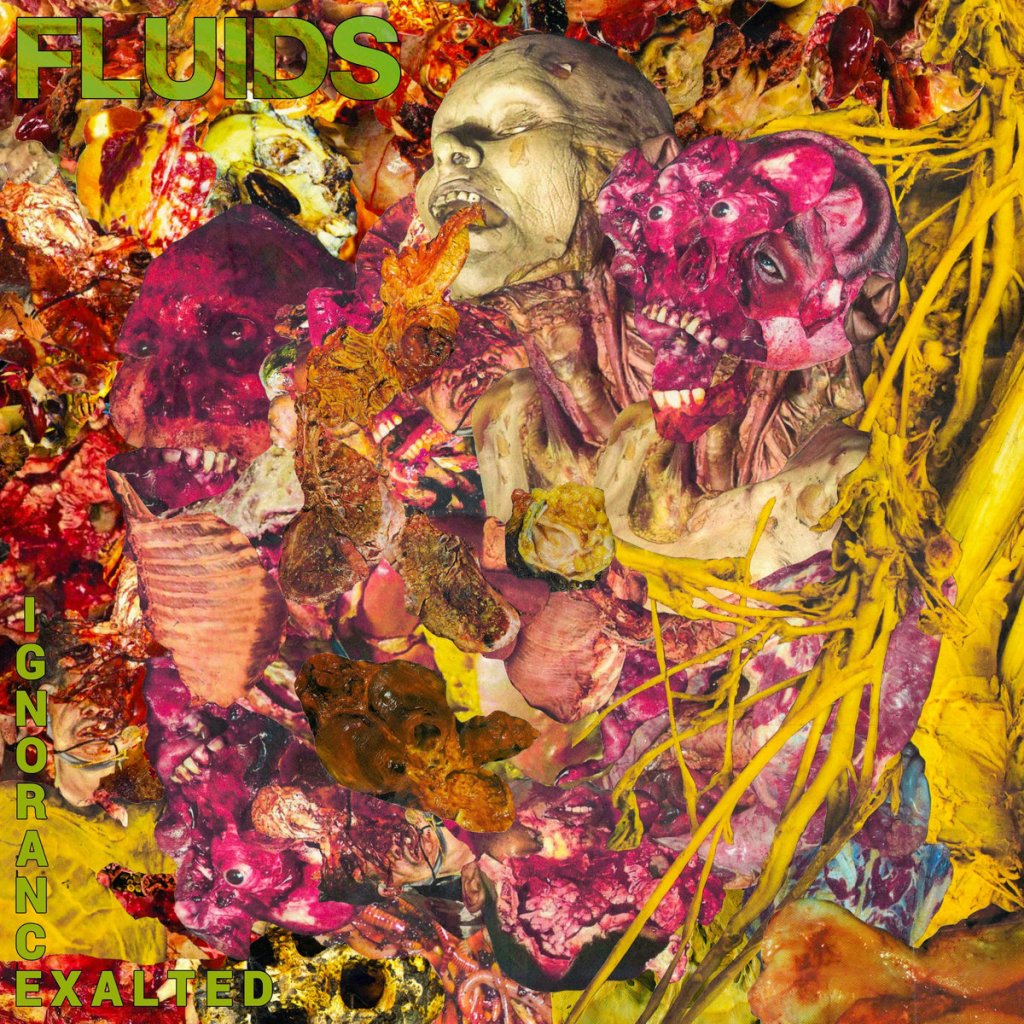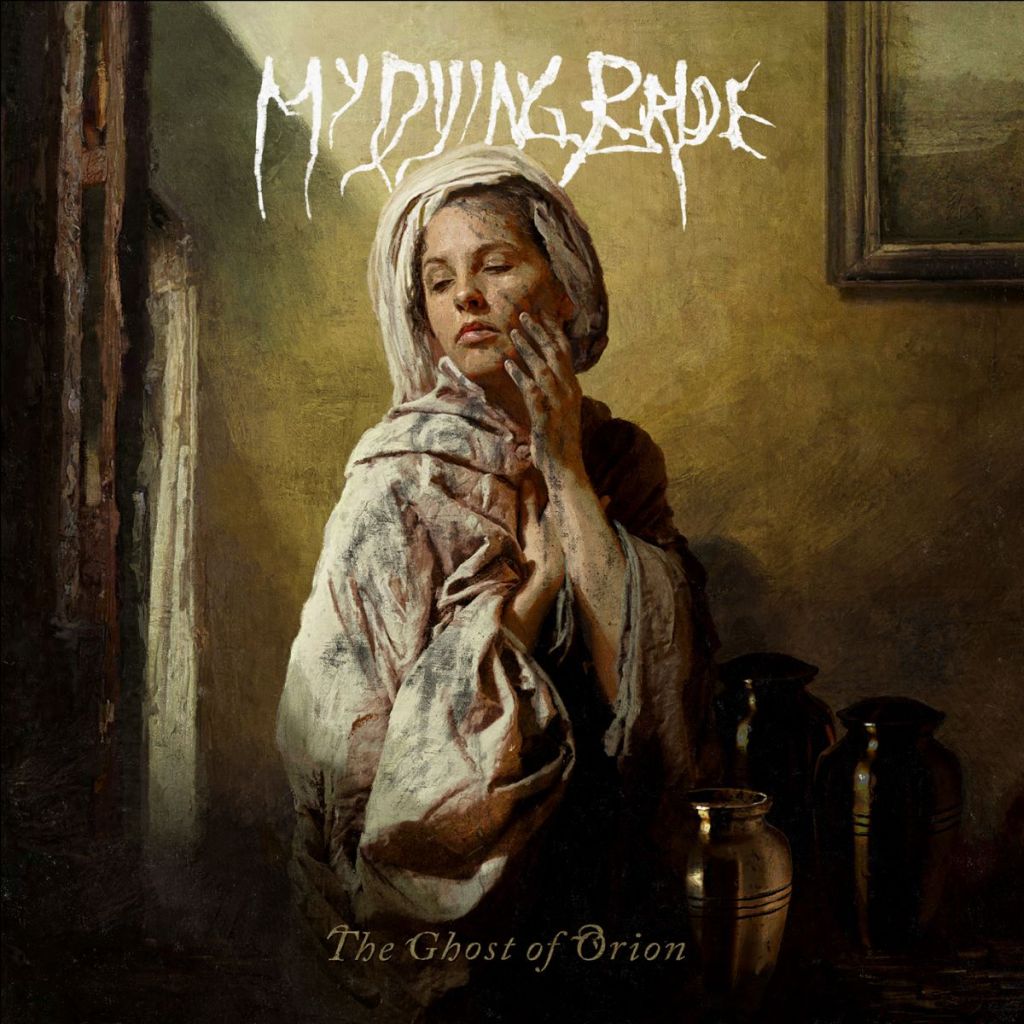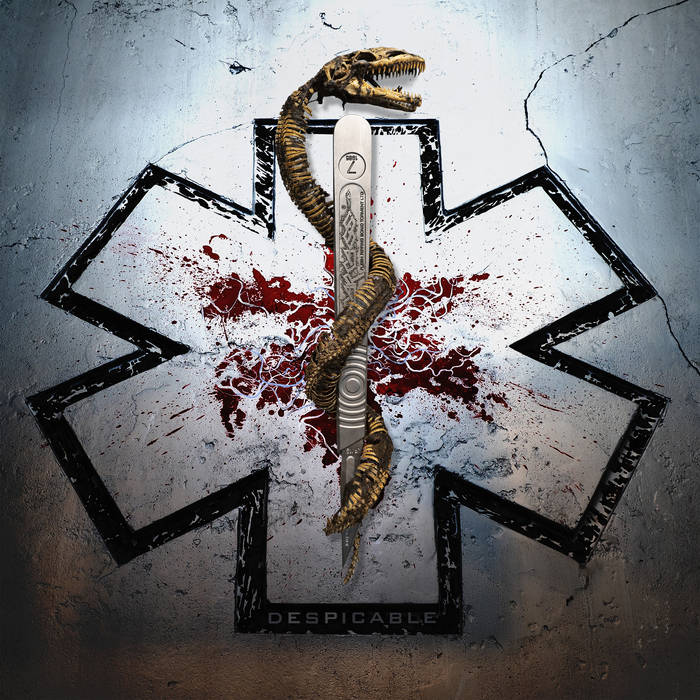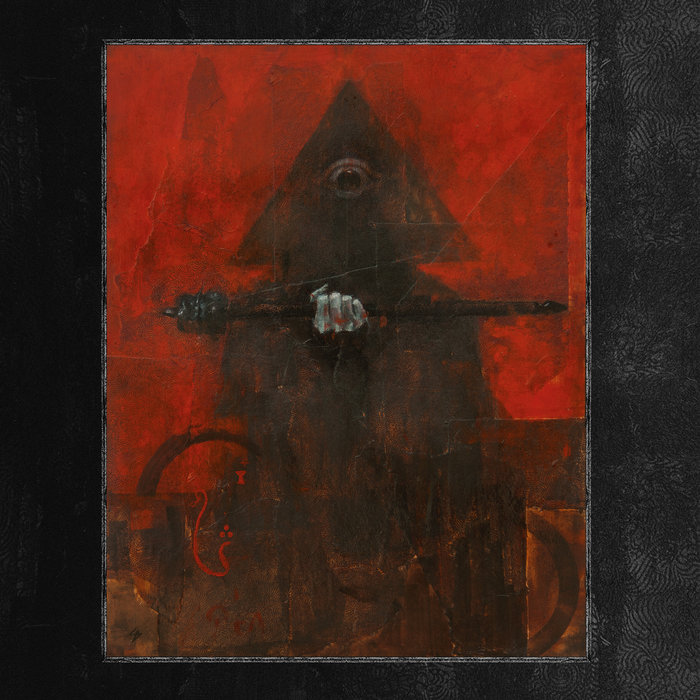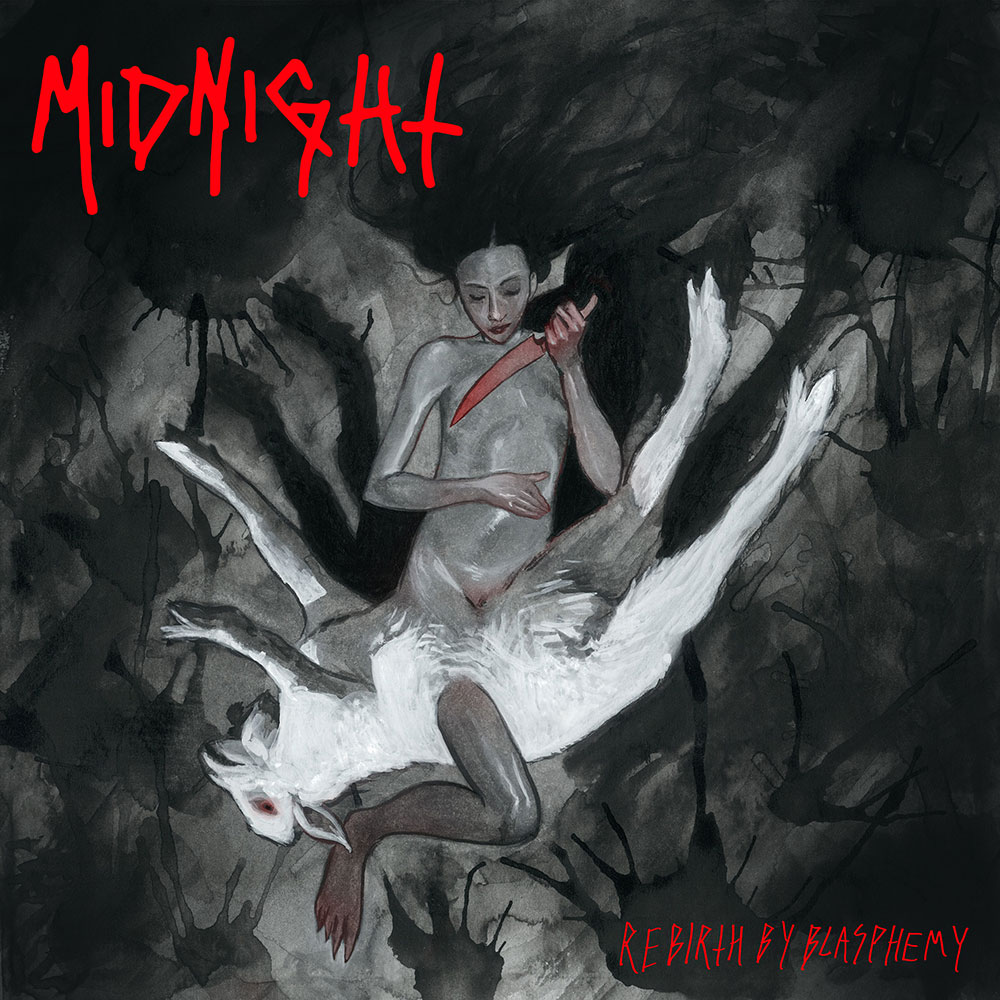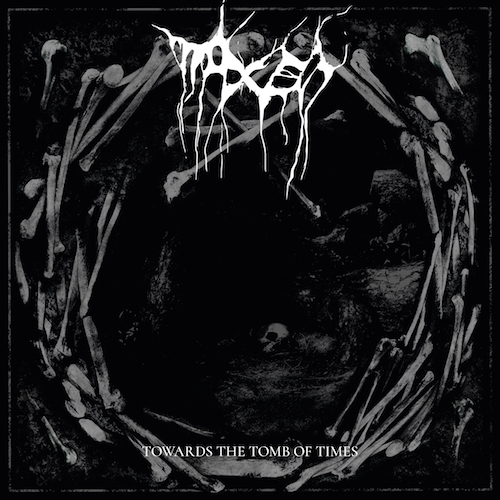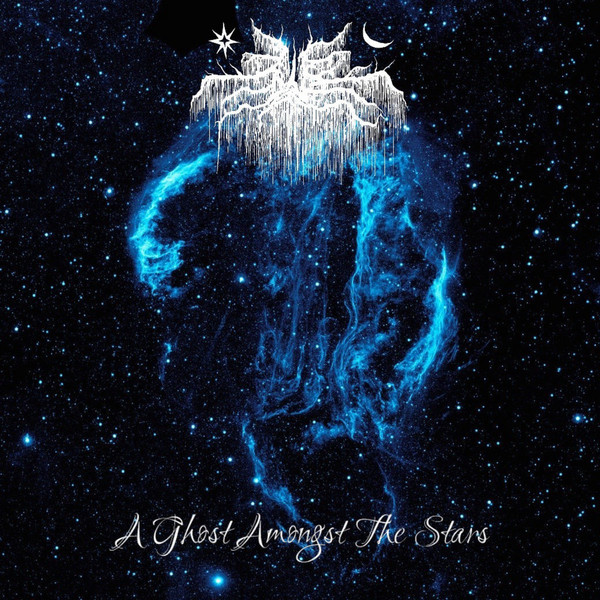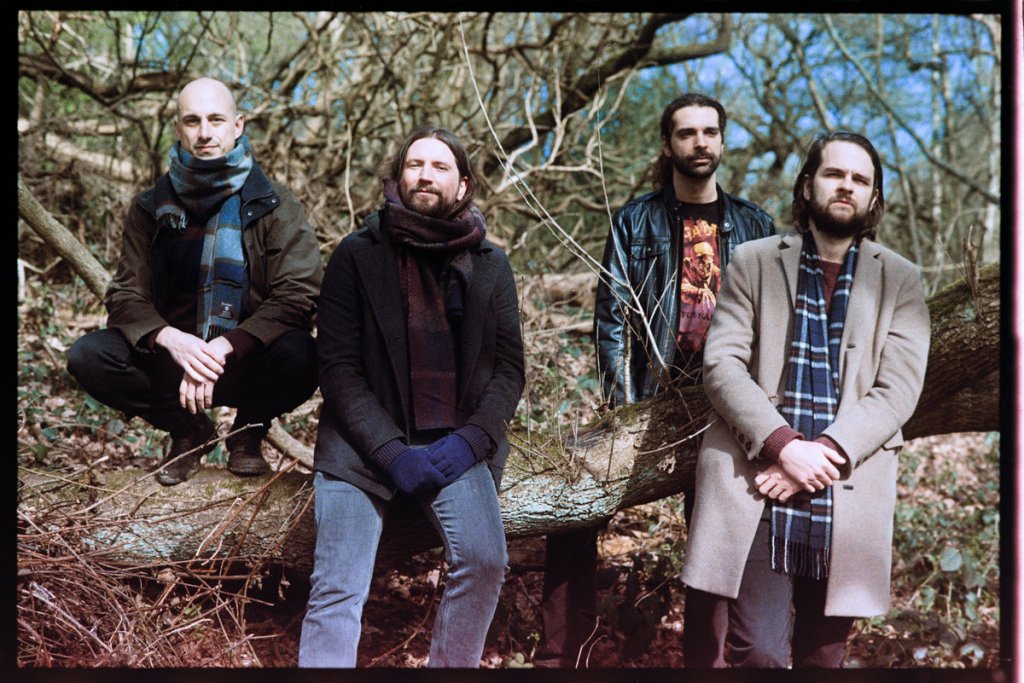Rotting Christ are a Greek black metal band from Athens, consisting of brothers vocalist/guitarist Sakis Tolis and drummer Themis Tolis. Often overlooked, and with a career spanning over three decades, the time has never been better to take a look through their back catalogue, as we rank and review every album through history.
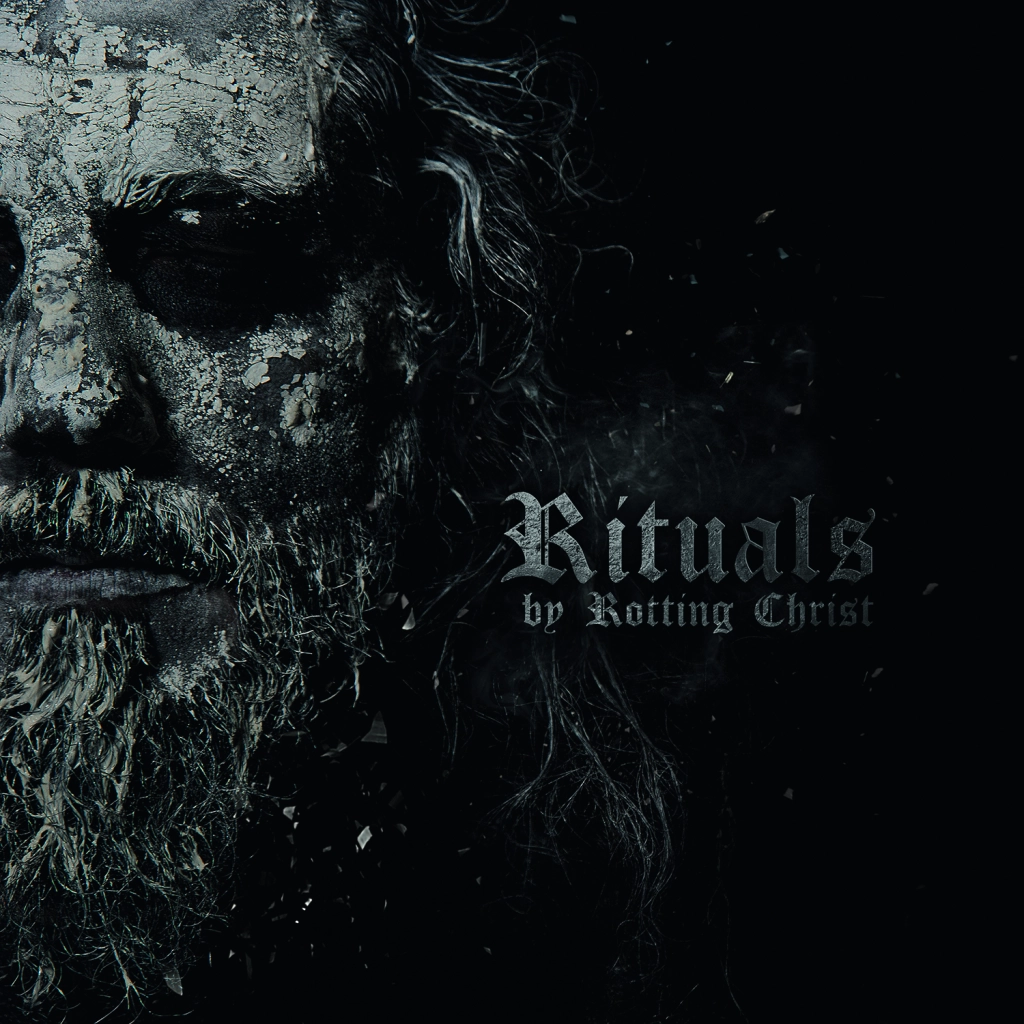
#13 – Rituals (2016)
Not a bad album by any means, but one that I find difficult to return to as frequently. The ideas on display here are all solid, with Ze Nigmar and Elthe Kyrie being particular highlights. It’s a dark album through and through and prioritises atmosphere over the stellar guitar work the band is known for.
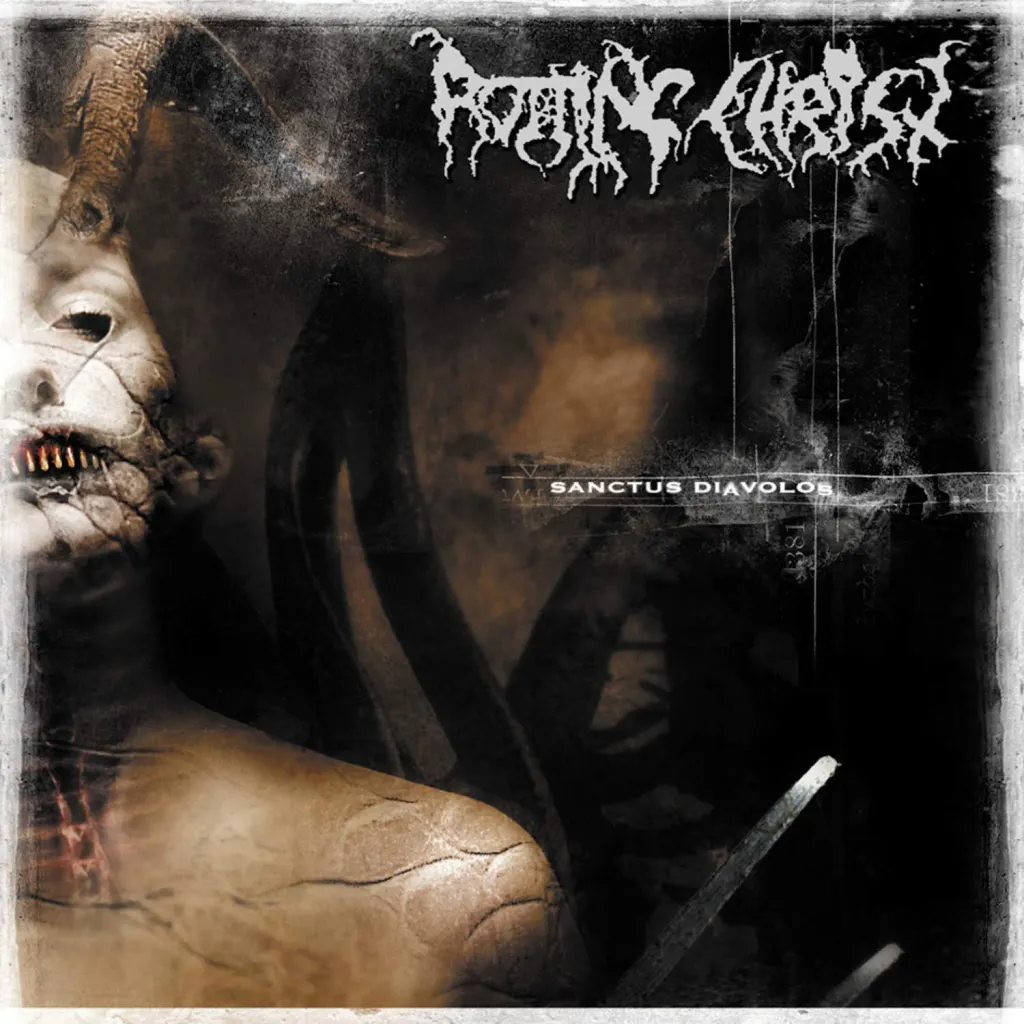
#12 – Sanctus Diavolos
A product of its time, the early 2000s were not the most accomodating years for black metal, and unfortunately Rotting Christ right come away unscathed. Sanctus Diavolos is rarely talked about these days and that’s a shame, there are some great songs here such as Shades of Evil, Tyrannical and You My Cross. It’s a heavy album that is more on the forgettable side when considering the band’s other works. Worth a listen for sure, but they did much better.
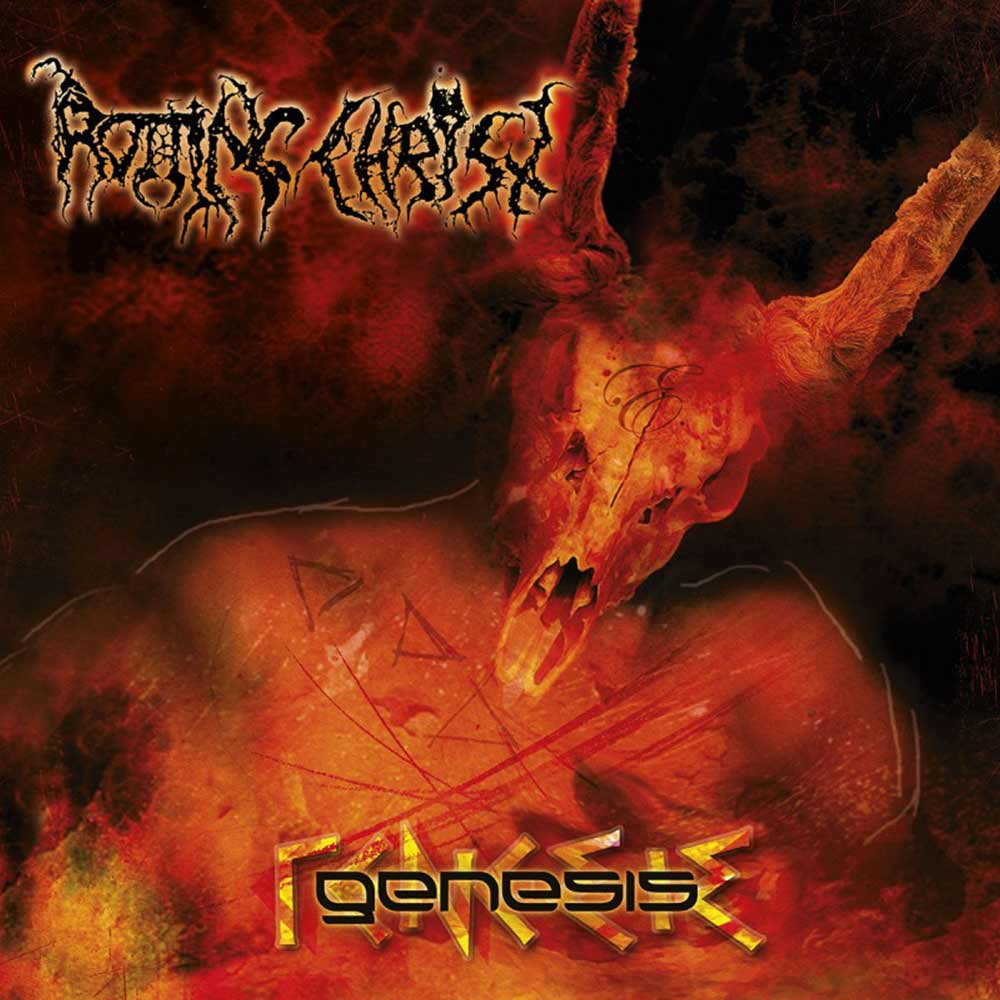
#11 – Genesis (2002)
Suffering from many of the same problems as Sanctus Diavolos, Genesis benefits from more focused songwriting, whilst also tripping up in its own unique ways. This was one of the first Rotting Christ albums that I ever heard, and there are so many phenomenal tracks on display, with Dying, Daemons and Lex Talionis being some of my favourite songs by the band. This momentum isn’t carried evenly throughout the rest of the release, as a result I feel it unfair to rank Genesis higher than some of the more consistent outputs.

#10 – Khronos (2000)
Redefining blasphemy, Khronos rocks. Hyperbole aside there is a lot to love on this release. This album could quite easily be considered Rotting Christ’s darkest to date, songs such as; If It Ends Tomorrow, Art of Sin, Fateless and You Are I can attest to that. Unlike some other entries lower on our list, Khronos is very consistent, I don’t find myself reaching for the skip button to find gems among the filler.

#9 – The Heretics (2019)
What an improvement over Rituals! There’s so much life and passion poured into every fibre of this record’s being. It oozes out from every pour, rich black blood. Where to start with this one? Highlight for me is that incredible guitar solo towards the end of Fire, God and Fear. Special mention too for the band’s adaptation of Edgar Allan Poe’s The Raven as well. From start to finish The Heretics impresses, it’s clear just how well-read Sakis is and his lyrical songwriting has never been stronger. It’s a little slow in places, mostly speaking about I Believe and In the Name of God, but when this release is in full swing it’s something to behold.

#8 – Sleep of the Angels (1999)
Building on the blueprints laid down by prior albums Triarchy of the Lost Lovers and A Dead Poem, Sleep of the Angels delved deeper into the slower and more deliberate approach that gothic metal employed. The result is a thoroughly enjoyable dark metal album that gave us standout songs such as After Dark I Feel and The World Made End. I missed the traditional black metal approach of early records, but this was the culmination of new ideas fully realised, and I need to give it the respect due.
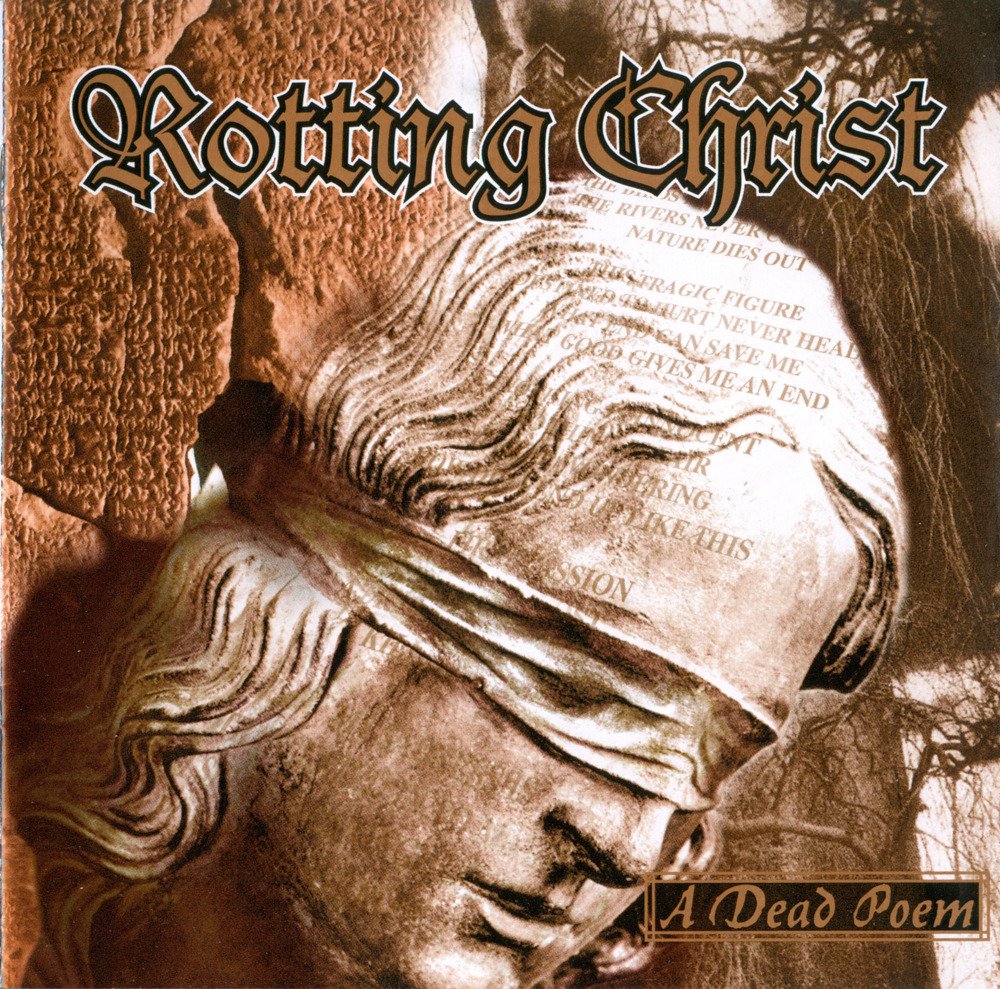
#7 – A Dead Poem (1997)
My thoughts on this album are largely interchangeable with how I feel about Sleep of the Angels. There’s a heavy emphasis on synths and clean passages. It’s a beautiful sounding record, richly produced too, where the novelty of this new approach hadn’t quite gone as long in the tooth as it would. As If By Magic and Full Colour is the Night are gorgeous! Don’t sleep on this one.
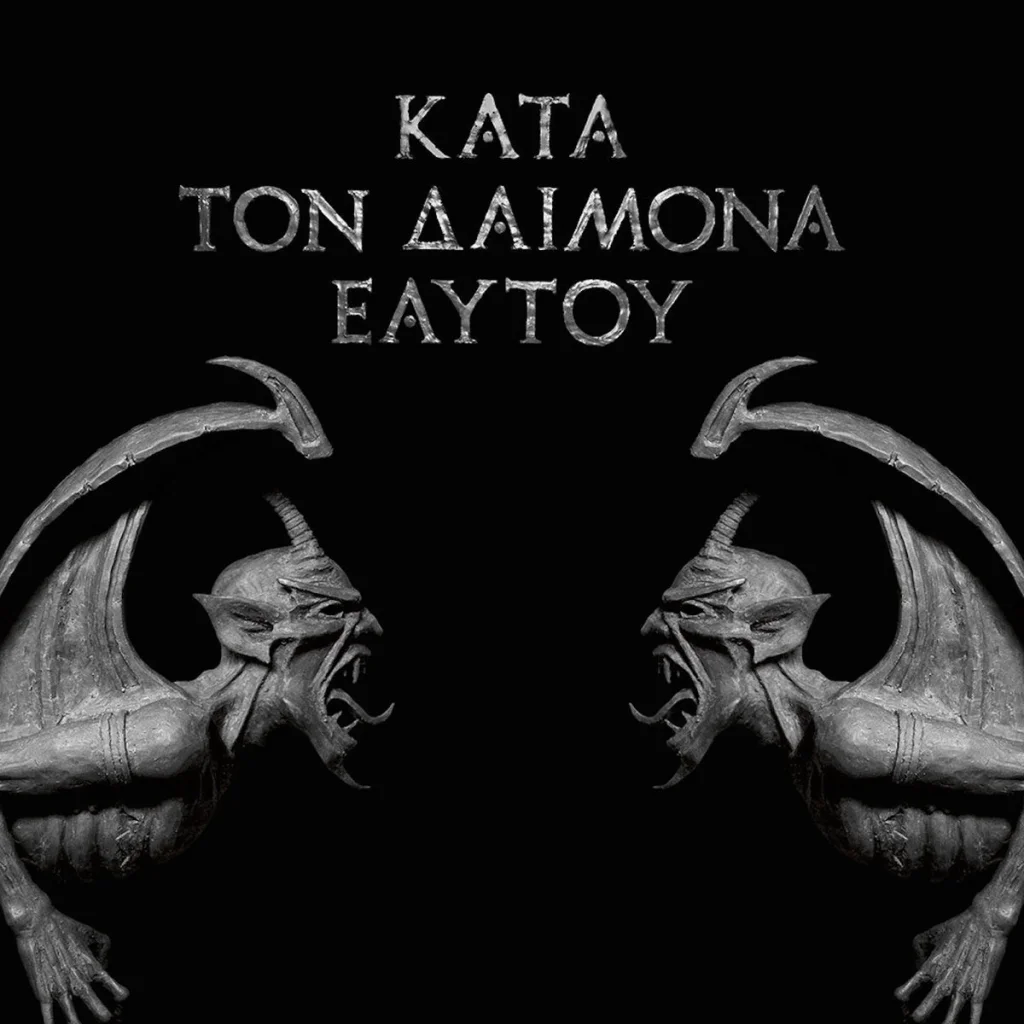
#6 – Κατά τον δαίμονα εαυτού (2013)
My first exposure to the band and still one of their finest outings. Eaytoy broke away from the Theogonia formula and took things back to the band’s roots in stellar fashion. In Yumen – Xibalba is iconic! Just as the lyrics ‘Welcome to my dark kingdom, behind the sun!’ haven’t left my mind since I first heard them all those years ago. I was pleased to discover that this album is spoken predominantly in Ancient Greek, and it was refreshing to hear Sakis’ powerful bark in his mother tongue.
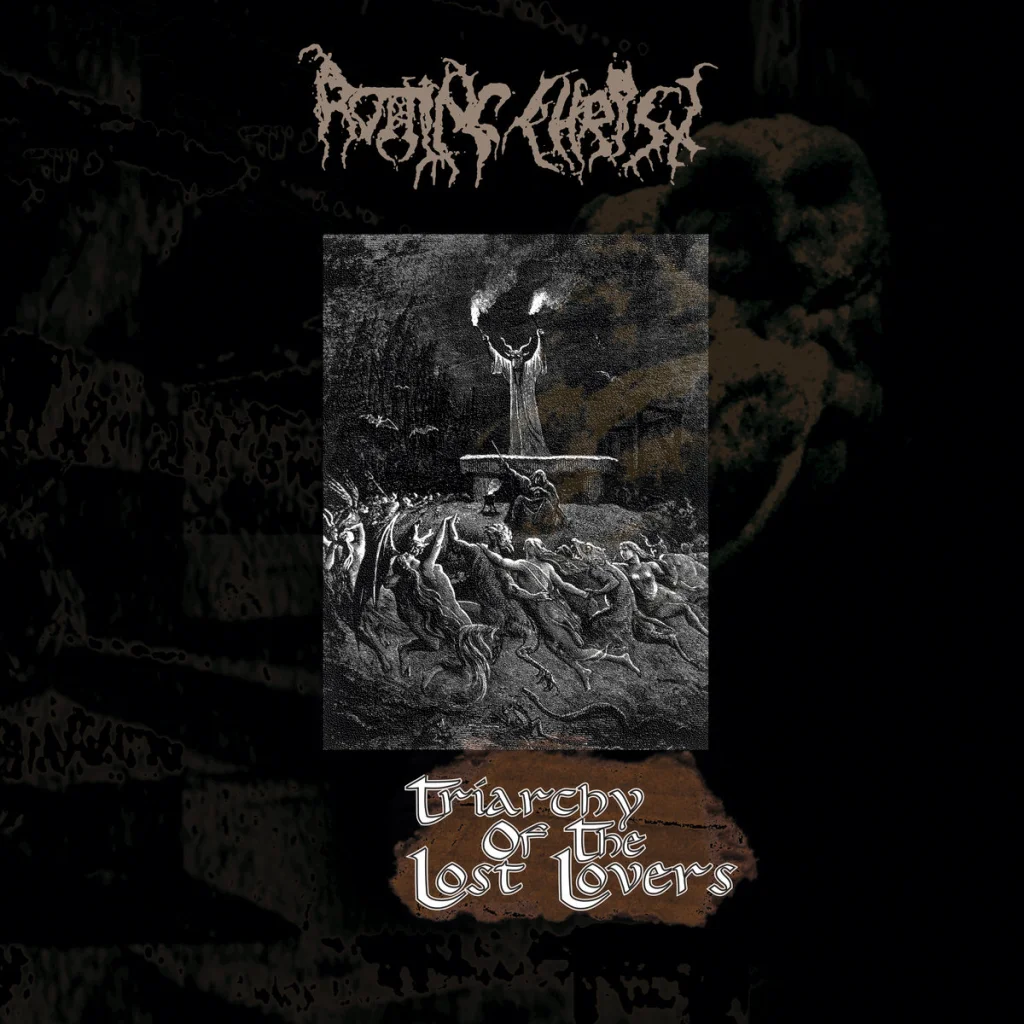
#5 – Triarchy of the Lost Lovers (1996)
The album where the fearsome Rotting Christ began to slow down. The old school sound may have been lost, at least before the likes of Thou Art Lord (band), though with such enjoyable songs on the tracklist, it’s difficult to stay mad for long. In my opinion, the gothic influences were expertly implemented here. One listen to King of a Stellar War or Tormentor and you’ll hear exactly what I mean. It was something new and exciting, and the risks paid-off well.

#4 – Aealo (2010)
This album is absolutely brutal! It may be less special than its predecessor, but Aealo is one heavy motherfucker! Same time, the band melded traditional Greek instrumentation with their aggressive chugging guitar some, rhythmically resembling the rumble of battle. I love Aealo. It’s a challenge to pinpoint the best moments, but you cannot go too far astray starting with Demonon Vrosis and Noctis Era.

#3 – Theogonia (2007)
Few albums can claim to innovate a genre quite how vividly Theogonia had. Learning from what worked on their early 2000s releases, Rotting Christ struck a death blow of vitriol that permeates every second on this modern masterpiece. Gaia Tellus, Enuma Elish and Nemecic are just skimming the surface on the majesty of this record.
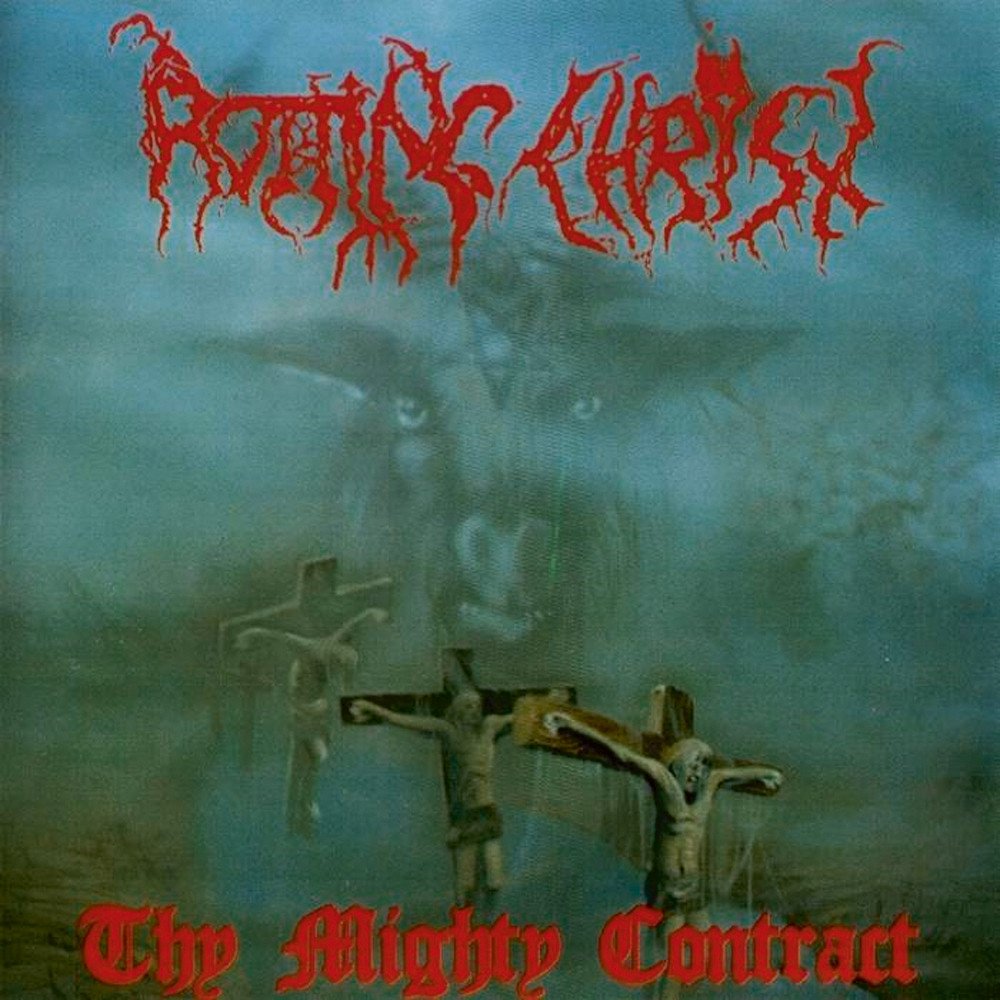
#2 – Thy Mighty Contract (1993)
A crowning achievement in the black metal genre and one of my favourite albums ever recorded. The only reason why it doesn’t take the top spot is because I personally believe that the band’s sophomore effort does things just that little bit better. The undeniable force that is The Sign of Evil Existence, the insidious His Sleeping Majesty, and The Coronation of the Serpent cement this album into that of legend.
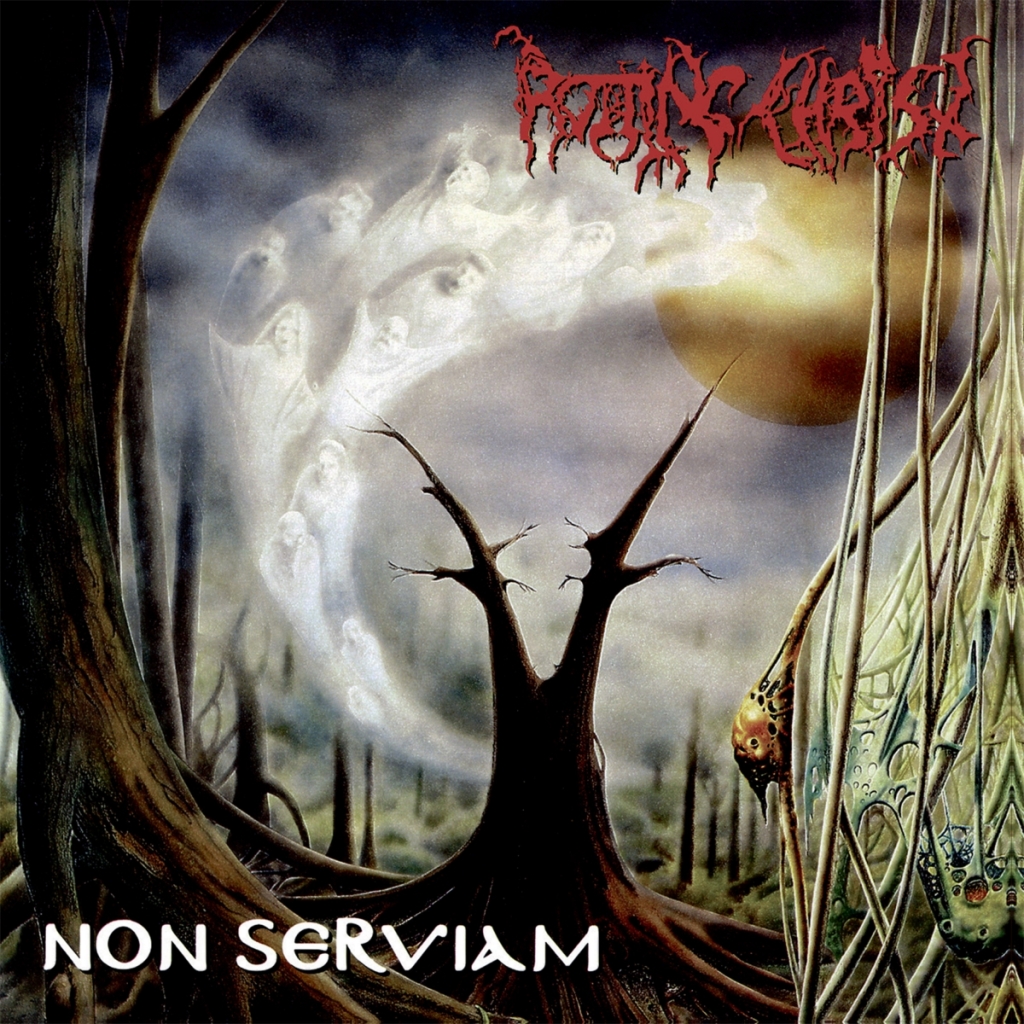
#1 – Non Serviam (1994)
I will not serve! The very quintessence of Rotting Christ. My first thought when considering exactly what the Tolis brothers stand for, and nearly 30 years later nothing has changed. It’s as Sakis says, religion is rotting. The standouts from this landmark album for me are The Fifth Illusion and Where Mortals Have No Pride. Greece may have been overlooked in the black metal scene, especially when compared to that of Sweden and Norway at the time, but Rotting Christ are a key reason that demonstrates that the country can hold their own.
